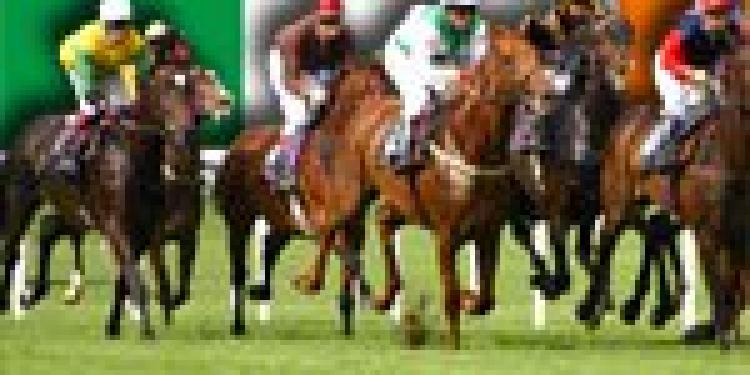Economist Recommends Licensing and Levying Internet Horse Betting in Ireland
Posted: November 22, 2010
Updated: October 4, 2017
Economist Colm McCarthy, best known for producing the An Bord Snip Nua report to reduce state spending, has written Financing the Irish Racing Industry, a new 51 page report which may impact both traditional and internet gambling in Ireland.

Economist Colm McCarthy, best known for producing the An Bord Snip Nua report to reduce state spending, has written Financing the Irish Racing Industry, a new 51 page report which may impact both traditional and internet gambling in Ireland. The new report has been sponsored by the horse racing and breeding industry and submitted to the Department of Finance in preparation for the next budget.
McCarthy asserts internet betting in Ireland “has the capacity to contribute more to sustaining the industry which provides most of its raw material. Horse racing, notwithstanding regular assertions to the contrary, remains the principal vehicle of choice for betting…. Horse racing worldwide derives a major portion of its income from fees and levies from the betting industry, in particular the off-course betting industry.”
This paper offered numerous recommendations. Among his most noteworthy suggestions:
- Restore the levy on off-track betting from the current 1% to the previous 2% of the amount wagered.
- Require all gambling and betting firms, even via telephone bookies and online sportsbooks in Ireland, to maintain a license within the country if they shall operate within the nation.
- All licensed bookmakers, regardless of physical location or methods of collecting bets, should pay the same 2% as recommended for traditional bookies.
Chairman of semi-State Horse Racing Ireland, Denis Brosnan stated that the Irish betting industry, in the past, generated €68 million annually in duty taxes for the Irish State, but now only provides €36 million. As a result, “the horse racing industry is now dependent on State funding drawn from the taxpayer and that is untenable. The betting tax should be increased to two per cent.”
Predictably, the Irish Bookmakers Association (IBA) objects, suggesting that this 2% betting tax will close a significant amount of betting shops and result in job layoffs. Contrary to this report, the IBA declares, “At no point has the IBA endorsed the doubling of betting taxation on turnover. The IBA has proposed a new approach to taxation on betting which would combine a licensing system — applied to all betting operators, be they in shops, over the telephone or online — with taxation on profits, not turnover.” A similar reaction was seen when Ireland’s gambling tax rumors frightened online sportsbooks.
The chair of the IBA Sharon Byrne maintains “The IBA has always been of the view that the Exchequer can derive more taxation from betting but only if the right approach to betting taxation is adopted and all platforms are captured in the tax net, not just betting shops as has been the case to date.”












